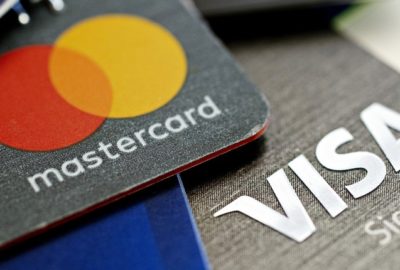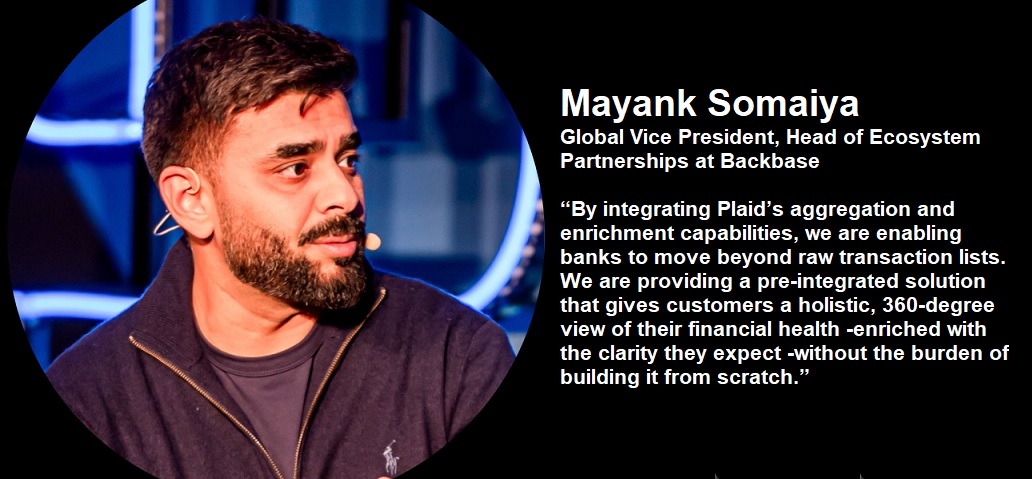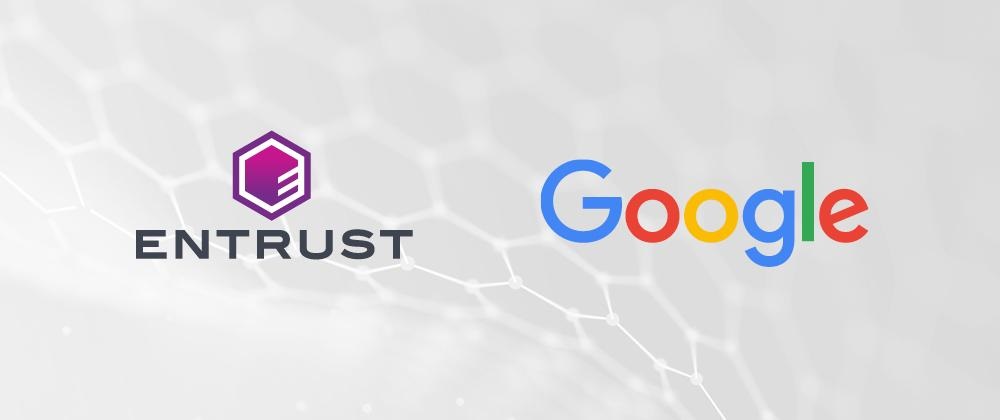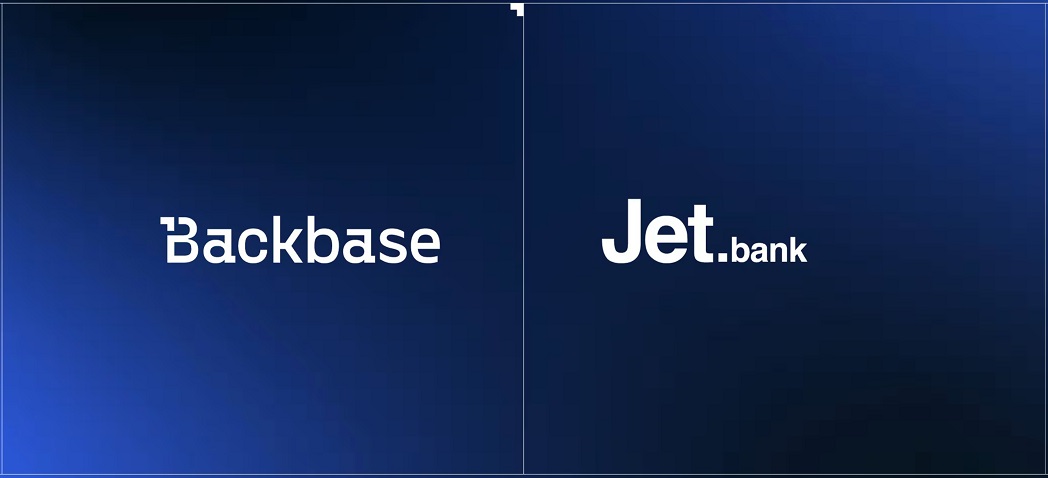Nigeria launched the largest financial inclusion program in Africa by issuing a chip card that includes biometric identification technology
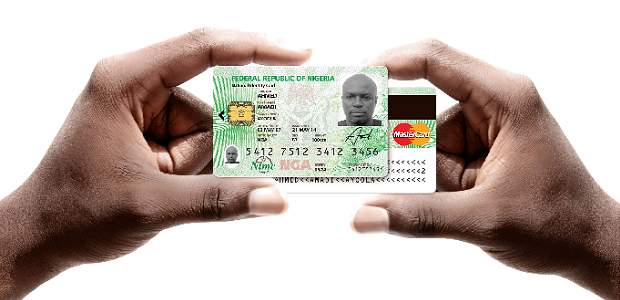
With 13 applications, including MasterCard’s prepaid payment technology and Cryptovision’s biometric identification technology, the new eID card will provide millions of Nigerians – the majority of whom have never had access to a banking product – with the security, convenience and reliability of electronic payments.
In the pilot phase, the Nigerian Identity Management Commission(NIMC) will issue MasterCard-branded identity cards with electronic payments functionality to 13 million Nigerians. Upon completion of the pilot program, NIMC plans to introduce more than 100 million cards to Nigeria’s 167 million citizens. This initiative is the largest rollout of a biometric-based verification card with an electronic payment solution in the country.
The eID card forms a key component of the Nigerian Identity Management System, deployed by NIMC as part of its mandate to create, maintain and operate the country’s first central National Identity Database and provide proof of identity to Nigerians 16 years and older.
NIMC is working with several government agencies to integrate and harmonize all identity databases including the Driver’s License, Voter Registration, Health Insurance, Tax, SIM and the National Pension Commission (PENCOM) into a single, shared services platform.
“The National eID program enables us to create an optimized common platform for Nigerian citizens to easily interact with the various government agencies and to transact electronically,” says Barr. Chris ‘E Onyemenam, Director General and CEO of NIMC. “There are many use cases for the card, including the potential to use it as an international travel document, which will have significant implications for border control in Nigeria and West Africa.”
“In close collaboration with both the public and private sectors to achieve the full potential of this program, NIMC is focused on inclusive citizenship, more effective governance, and the creation of a cashless economy, all of which will stimulate economic growth, investment and trade,” he adds.
“This is a memorable occasion for MasterCard as we witness the start of a financial inclusion program that is unprecedented in scale and scope,” says Daniel Monehin, Division President of Sub-Saharan Africa, MasterCard. “Combining an identity card with MasterCard’s prepaid payment capability creates a game changer as it breaks down one of the most significant barriers to financial inclusion – proof of identity – while simultaneously enabling Nigerians to access the global economy.”
Using the card as a payment tool, Nigerians can deposit funds, receive social benefits, save, or engage in many other financial transactions that are facilitated by electronic payments with the extra security assurance that biometric verification provides. They can also pay for goods and services and withdraw cash at millions of merchants and ATMS that accept MasterCard payment cards în Nigeria and all over the world.
To receive the eID card, Nigerians aged 16 and above need to register at one of the hundreds of NIMC enrollment centers nationwide. The enrollment process involves the recording of an individual’s demographic data and biometric data (capture of 10 fingerprints, facial picture and Iris) to authenticate the cardholder and ensure that there are no duplicates on the system. Upon registration, NIMC issues each Nigerian with a unique National Identification Number (NIN), followed by the national eID card.
Dariusz Mazurkiewicz – CEO at BLIK Polish Payment Standard
Banking 4.0 – „how was the experience for you”
„To be honest I think that Sinaia, your conference, is much better then Davos.”
Many more interesting quotes in the video below:
